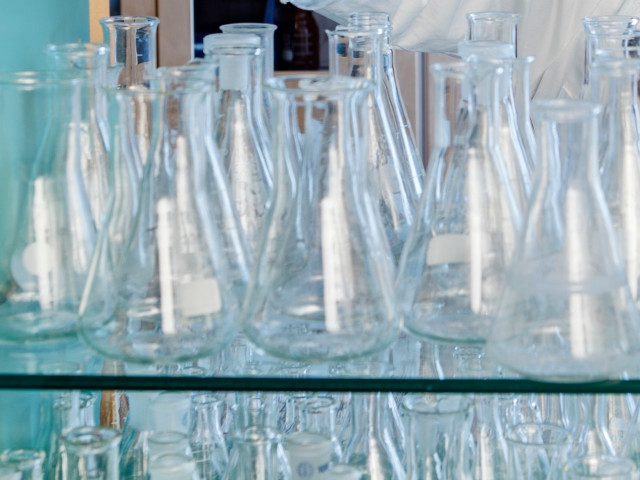The course deals with processes, especially separation processes, that are used in production of pharmaceuticals and fine and specialty chemicals. The course focuses on batch processing and agitated tank operations, in multipurpose, multiproduct plants with emphasis on the influence of physico-chemical and processing conditions on process result and product properties. The course gives a detailed description and analysis of the destilation crystallization, and mixing, drying, extraction and chromotography under these conditions. Three laboratory exercises and four “understanding problems” are to be carried out as group projects. Each exercise includes to design an experimental plan to solve a given problem, laboratory work and analysis of results. “Understanding problems” can be seen as dry laboratories.
KE2080 Chemical Engineering in Fine and Specialty Chemicals 7.5 credits

The course deals with processes, especially separation processes, that are used in production of fine and specialty chemicals including pharmaceuticals.
Information per course offering
Course offerings are missing for current or upcoming semesters.
Course syllabus as PDF
Please note: all information from the Course syllabus is available on this page in an accessible format.
Course syllabus KE2080 (Autumn 2007–)Content and learning outcomes
Course contents
Intended learning outcomes
In-depth understanding of processes, particularly separation processes, used in the production of pharmaceuticals and fine chemicals.
Literature and preparations
Specific prerequisites
Recommended courses:
KE1020 Reaction and Separation Engineering
KE1030 Transport Phenomena and Engineering Thermodynamics
KE2070 Transport Phenomena, advanced course
Literature
Coulson J.M. and Richardson J.F., Chemical Engineering vol. 1, 6th ed, Butterworth Heinemann, 2000 and, vol 2, 5th ed., Butterworth Heinemann, 2002.
Examination and completion
Grading scale
Examination
- TEN1 - Examination, 4.5 credits, grading scale: A, B, C, D, E, FX, F
- LAB1 - Laboratory Work, 3.0 credits, grading scale: P, F
Based on recommendation from KTH’s coordinator for disabilities, the examiner will decide how to adapt an examination for students with documented disability.
The examiner may apply another examination format when re-examining individual students.
If the course is discontinued, students may request to be examined during the following two academic years.
Other requirements for final grade
Written examination, 4,5 credits, passed laboratory exercises and passed reports 3 credits.
Examiner
Ethical approach
- All members of a group are responsible for the group's work.
- In any assessment, every student shall honestly disclose any help received and sources used.
- In an oral assessment, every student shall be able to present and answer questions about the entire assignment and solution.